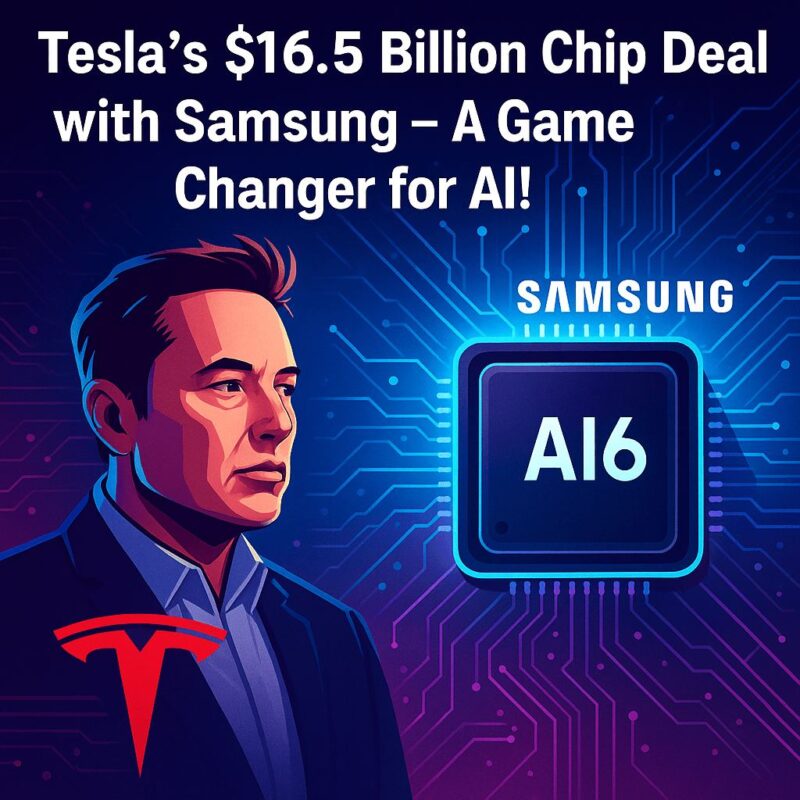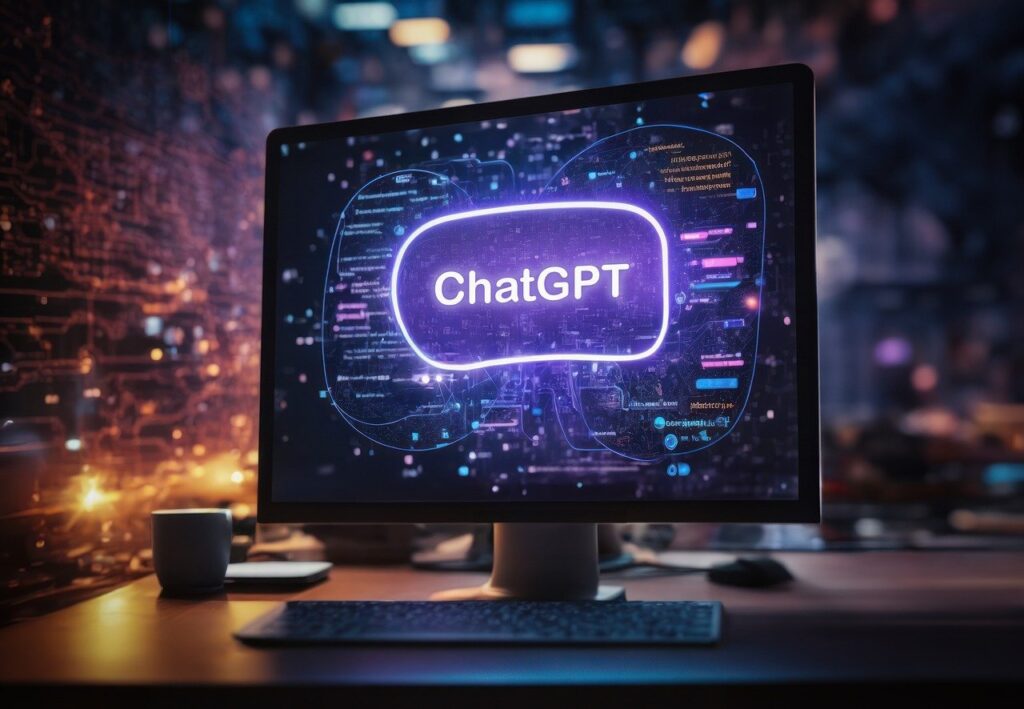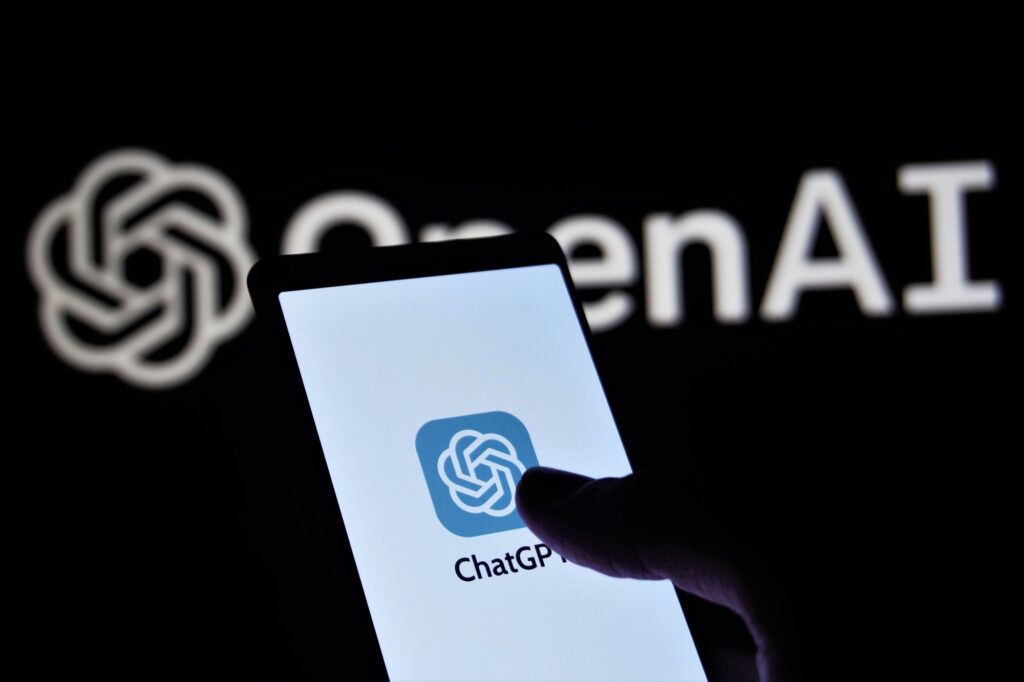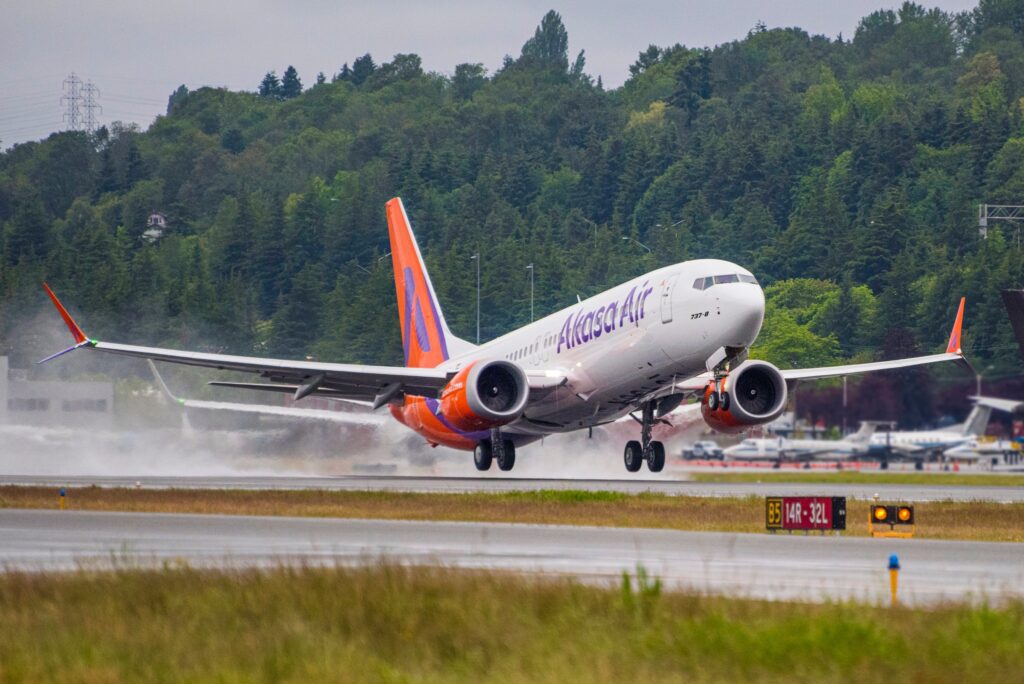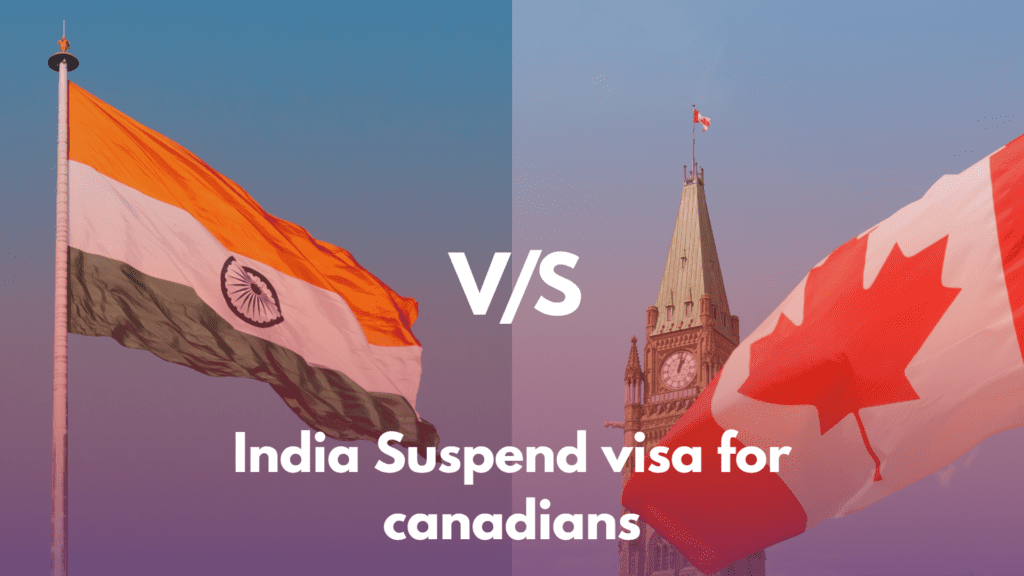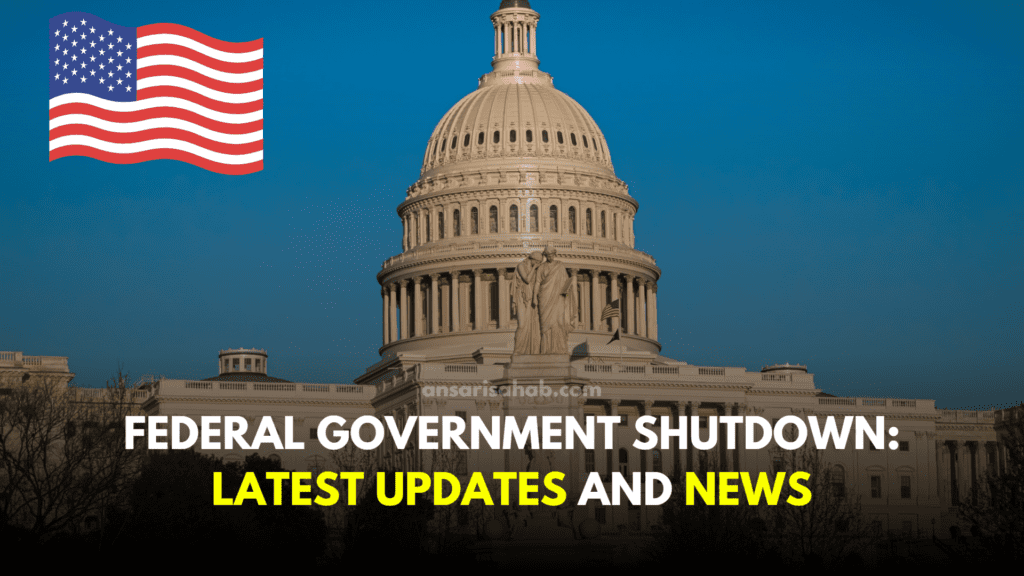In a landmark move that has reverberated across the semiconductor and automotive industries, Elon Musk announced on July 14, 2025, that Tesla and Samsung Foundry are entering a strategic partnership to co-develop advanced automotive and AI chips. This collaboration between two titans of technology promises to reshape electric vehicles, robotics, and artificial intelligence—while also redefining the global semiconductor landscape.
Why the Musk-Samsung Partnership Matters
Addressing Chip Shortages
Over the past three years, global chip shortages have disrupted everything from cars to smartphones. Tesla, which relies on high-performance processors for its Autopilot driver-assistance system and in-car entertainment, faced intermittent production delays. Samsung, one of the world’s leading foundries, has unparalleled capacity and process expertise. By combining Tesla’s chip design prowess with Samsung’s manufacturing muscle, the partnership aims to secure priority access to cutting-edge nodes.
Accelerating AI & Autonomous Driving
Tesla’s in-house Dojo supercomputer and Full Self-Driving (FSD) ambitions depend on custom silicon optimized for neural network training and inference. While Tesla’s previous chips were manufactured by a third party, this deal allows tighter integration between chip design and fabrication. Expect next-generation Tesla chips—codenamed “S-Core”—to deliver up to 3× performance gains, lower power consumption, and advanced security features.
Diversifying Samsung’s Portfolio
Samsung Foundry has traditionally served smartphone and data-center clients. Partnering with Tesla diversifies its customer base into the burgeoning automotive and robotics sectors. This move complements Samsung’s recent push into automotive 5G modems, image sensors for ADAS cameras, and in-vehicle infotainment (IVI) SoCs.
The Deal in Detail
- Co-Development Roadmap
- Phase 1 (H2 2025): Joint design of the S-Core architecture, leveraging Tesla’s 7nm and 5nm node experience.
- Phase 2 (2026): Samsung to manufacture S-Core chips on its cutting-edge 4nm process, integrating advanced packaging (3D-IC and PoP).
- Phase 3 (2027+): Expansion to 3nm and beyond, with potential collaboration on future “X-Core” AI accelerators targeted at robotics and industrial automation.
- Production Commitments
- Tesla will reserve up to 30% of Samsung Foundry’s 4nm capacity in 2026, scaling to 50% by 2028.
- Samsung will provide Tesla with access to specialized packaging lines at its Hwaseong campus, ensuring tight control over thermal and power characteristics.
- IP and R&D Collaboration
- Joint research labs will open in San Jose (California) and Suwon (South Korea).
- Teams will co-innovate in areas such as advanced lithography, chiplet integration, and secure hardware enclaves for over-the-air updates.
Impact on Tesla’s Product Roadmap
1. Next-Gen Autopilot & FSD
Tesla’s Full Self-Driving beta program has captivated the industry, but real-world testing has highlighted computational bottlenecks. The S-Core chips will provide a significant throughput boost, enabling faster sensor fusion (LIDAR, radar, cameras) and more sophisticated neural-network models. Drivers can expect smoother, safer, and more reliable automated driving experiences by 2026.
2. Dojo Supercomputer Expansion
Dojo, Tesla’s custom AI training supercomputer, currently ranks among the world’s fastest. Integrating Samsung-fabricated chips will reduce energy costs for AI training by up to 40%, allowing Tesla to scale its compute clusters more economically. This cost efficiency could also enable third-party research collaborations, opening Dojo to external AI developers.
3. Tesla Robotaxi & Humanoid Robotics
Tesla’s Robotaxi vision hinges on fully autonomous, driver-less vehicles operating at scale. Reliable, high-performance chips are essential for real-time decision-making and safety validation. Furthermore, Tesla’s humanoid robot project, Optimus, will leverage these chips for vision, locomotion, and interactive AI—potentially transforming manufacturing, logistics, and healthcare by the late 2020s.
Broader Industry Implications
Semiconductor Competition Heats Up
The Tesla-Samsung deal ramps up competition with other automotive chip suppliers such as Nvidia, Intel-Mobileye, and Qualcomm. Nvidia’s Drive platform, which uses off-the-shelf GPUs, may face head-to-head performance challenges against Tesla’s bespoke silicon, especially as S-Core matures on Samsung’s advanced nodes.
Geopolitical Ramifications
Semiconductors are at the heart of U.S.-China tech tensions. Samsung’s willingness to allocate prime capacity to an American EV maker signals South Korea’s strategic balancing act. Both Seoul and Washington have applauded the deal; the U.S. sees it as a way to secure domestic EV production, while South Korea strengthens ties with a marquee American tech innovator.
Supply-Chain Resilience
By forging closer ties between design and manufacturing, Tesla and Samsung can respond faster to disruptions (e.g., natural disasters affecting fabs, packaging material shortages). Co-located R&D labs and joint inventory planning will reduce lead times and enhance visibility across the supply chain.
What This Means for Consumers and Investors
- Consumers: Expect improved Tesla vehicle performance, enhanced safety features, and potentially lower hardware costs as economies of scale kick in. Enhanced FSD capabilities could bring fully autonomous rideshare services sooner than anticipated.
- Investors: Samsung Foundry’s automotive revenue stream will accelerate, complementing its existing smartphone and HPC clientele. Tesla’s gross margins on hardware and software subscriptions (FSD) should improve as chip costs decrease and performance rises.
- Tech Enthusiasts: Watch for early benchmarks of S-Core chips in AI conferences and semi-public releases. Open-source hardware advocates will be keen to see if Tesla and Samsung share any architectural details under academic licenses.
Suggested : Elon Musk: The Man Who Wants to Save the World and How He Became the Richest Man in the Process
Key Takeaways
- Strategic Alliance: Tesla and Samsung are co-developing custom chips to overcome supply constraints and accelerate AI and autonomous driving.
- Performance Leap: S-Core chips promise up to 3× performance with improved energy efficiency, revolutionizing Tesla’s vehicle intelligence and Dojo compute power.
- Geopolitics & Supply Chain: The deal strengthens U.S.-South Korea tech ties, enhances supply-chain resilience, and intensifies competition with established chipmakers.
- Consumer & Investor Impact: Faster FSD rollouts, Robotaxi potential, and stronger financial outlooks for both Tesla and Samsung Foundry.
Looking Ahead
As production ramps in 2026, all eyes will be on initial performance metrics and real-world deployment in Tesla vehicles. If the Musk-Samsung chip alliance meets—or exceeds—expectations, it could set a new standard for co-innovation in high-tech manufacturing. More broadly, it underscores the growing trend of end-to-end partnerships where design, fabrication, and application come together seamlessly—a blueprint for the future of the tech industry.
The Elon Musk–Samsung chip deal is more than a supply-chain solution; it’s a statement of intent. By marrying Tesla’s AI design prowess with Samsung’s manufacturing leadership, we stand at the dawn of a new era—one where smarter cars, powerful AI, and resilient supply chains converge to drive humanity forward.

